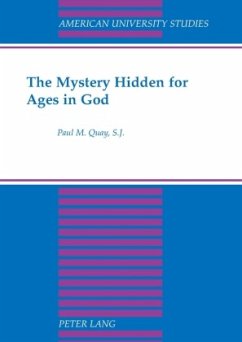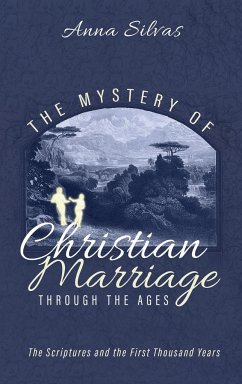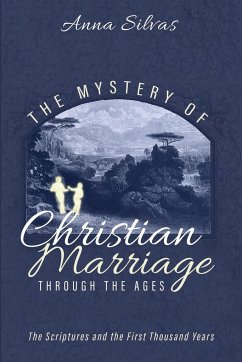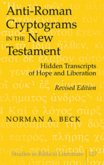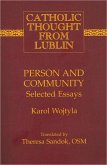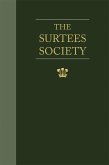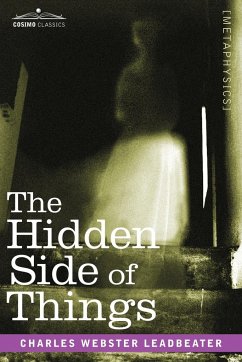Original sin, widely denied today, is nevertheless the condition in which our spiritual life begins. Fetal psychology helps one see original sin as a psychic negation of the created reflections in Christ of the traits of divine love within the Trinity. Hence, only through Christ can such damage be healed. But before we can live in the full freedom and power of the Holy Spirit, we must relive, in Jesus and as He did, all that God led His people through, from the fall of Adam till Jesus' death and resurrection. Through the "spiritual sense" of the Old Testament, each word of which speaks of Jesus, we learn how to do this. The loss of this sense, embedded in the doctrine and practice of the much maligned "institutional Church" but forgotten by most Christians, explains the chasm that has opened between the intellectual life of the West and the spiritual life of Christians.
«This book is both traditional and innovative, conservative and radical. [Though] a powerful reaffirmation of traditional Roman Catholicism, the author feels free to criticize Catholic theologians in the past and those practices in the church that detract from the gospel. This work will help both educated Catholics and non Catholics to understand the theological and spiritual heritage of the Catholic church» (Donald G. Bloesch, University of Dubuque)
«Agonizing over the chasm between the intellectual life of the West and the spiritual life of Christians, Paul Quay demands that theology be restructured so as to serve a living faith and Christian action. Not only [does he offer] fresh insights into original sin and Trinitarian life, but, unexpectedly and happily, [he presents] a richer understanding of Scripture by linking the commonly accepted historical-critical hermeneutic to a spiritual sense stripped of its excesses. Hackles will be raised (thank God), but it is high time for theology to wed talk about God with experience of God. Not by head alone does man or woman live...» (Walter J. Burghardt, S.J.)
«'The Mystery Hidden for Ages in God' is a masterful synthesis of Catholic Christianity. It provides the answer to the most demanding question of our times: How can the Church rekindle the true Faith throughout the West (central to the Pope's 'New Evangelization' in spite of the moderns' refusal to honor anything higher than one's own Self. Fr. Quay's book deserves a wide circulation and should be read by every perceptive believer in the English-speaking world.» (John A. Hardon, S.J.)
«This book is lucidly and gracefully written, with a clearly articulated structure and well-marked at each transition point...'The Mystery Hidden' deserves to be widely discovered and discussed.» (Dennis D. Martin, Anglican Theological Review)
«Agonizing over the chasm between the intellectual life of the West and the spiritual life of Christians, Paul Quay demands that theology be restructured so as to serve a living faith and Christian action. Not only [does he offer] fresh insights into original sin and Trinitarian life, but, unexpectedly and happily, [he presents] a richer understanding of Scripture by linking the commonly accepted historical-critical hermeneutic to a spiritual sense stripped of its excesses. Hackles will be raised (thank God), but it is high time for theology to wed talk about God with experience of God. Not by head alone does man or woman live...» (Walter J. Burghardt, S.J.)
«'The Mystery Hidden for Ages in God' is a masterful synthesis of Catholic Christianity. It provides the answer to the most demanding question of our times: How can the Church rekindle the true Faith throughout the West (central to the Pope's 'New Evangelization' in spite of the moderns' refusal to honor anything higher than one's own Self. Fr. Quay's book deserves a wide circulation and should be read by every perceptive believer in the English-speaking world.» (John A. Hardon, S.J.)
«This book is lucidly and gracefully written, with a clearly articulated structure and well-marked at each transition point...'The Mystery Hidden' deserves to be widely discovered and discussed.» (Dennis D. Martin, Anglican Theological Review)

